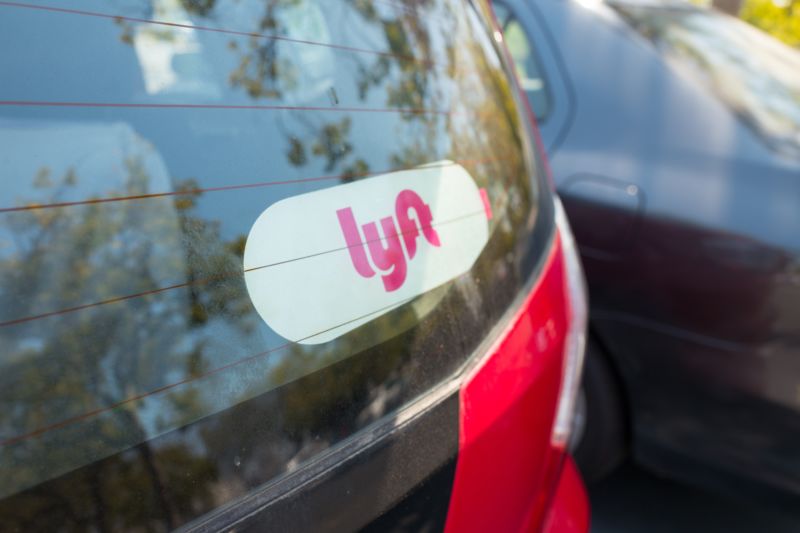
Several dozen Lyft drivers across California have filed a new labor lawsuit against the ride-hailing company, arguing—like many before them—that they are being inadequately paid.
According to the lawsuit, Abdeljabbar et al. v. Lyft, which was filed in federal court in San Francisco on Wednesday, drivers are being paid “less than $8 per hour.” That’s far less than the California minimum wage of $11 per hour, and even further behind the minimum in some other Golden State cities, which mandate even higher pay.
A substantial portion of the drivers’ lawsuit is based on a May 2018 decision by the California Supreme Court known as Dynamex.
In that case, the court found that companies can only declare their workers as contractors (rather than employees) if they meet certain requirements:
(A) that the worker is free from the control and direction of the hiring entity in connection with the performance of the work, both under the contract for the performance of the work and in fact, (B) that the worker performs work that is outside the usual course of the hiring entity’s business, and (C) that the worker is customarily engaged in an independently established trade, occupation, or business, the worker should be considered an employee and the hiring business an employer under the suffer or permit to work standard in wage orders.
By classifying the bulk of its workforce as contractors, Lyft and other companies like it are almost certainly saving millions of dollars per year in costs that they would otherwise have to pay, including drivers’ health insurance, retirement, unemployment, and other benefits that typically come with full-time employment.
The lawsuit is just one of a slowly increasing number of such suits that have been filed in the wake of that decision. However, none have significantly advanced as of yet.
“Lyft exercises significant control over Plaintiffs by determining which rides they are offered; how much they will be paid for each ride; when they receive critical information about each ride; and how to resolve disputes and complaints regarding each ride,” the drivers’ attorneys wrote.
Lyft did not respond to Ars’ late Thursday request for comment.
https://arstechnica.com/?p=1428491

